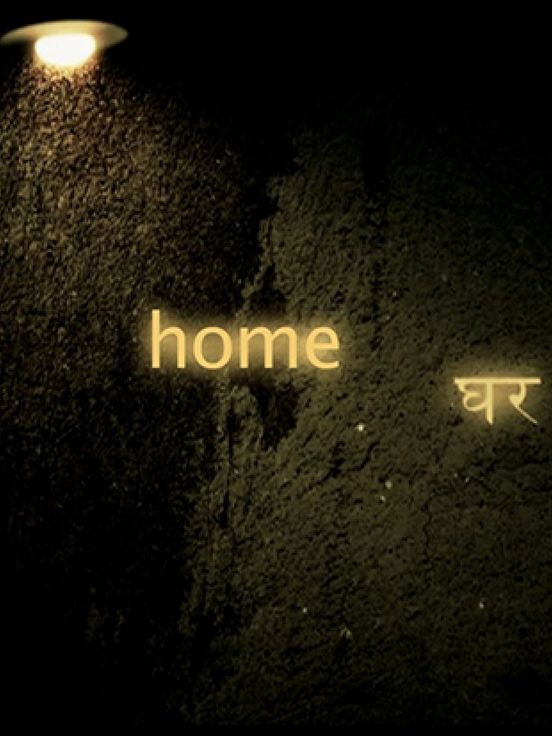“The Blind Rabbit” (2021, 43 min.) is a trenchant critique of systematic power abuse in India. Paul integrates several seemingly unrelated events, such as the Emergency of 1975-77 declared by prime minister Indira Gandhi, when major basic rights were curtailed, the anti-Sikh riots of 1984 and the police assault on students at Jamia Millia Islamia in 2019, exposing deep-rooted structures of police brutality and oppression. Weaving text, image and sound into an essay, she acknowledges the complexity of multiple truths without ever trivialising the injustices suffered. She makes compelling use of fiction to counteract the always partial nature of memory and to unleash its defiant power.
“Long Hair Short Ideas” (2014, 21 min.) tells the story of Shanti, the wife of the revolutionary poet Vidrohi (1957-2015). Paul intertwines India’s turbulent political history in the 1970s with Shanti’s biography and her experience of (domestic) labour, partnership, sexuality and the daily discriminations faced by women. In this way Paul turns the spotlight on the “wife of the revolutionary”, a normally absent figure, portraying Shanti as an independent individual with her own history of resistance.



